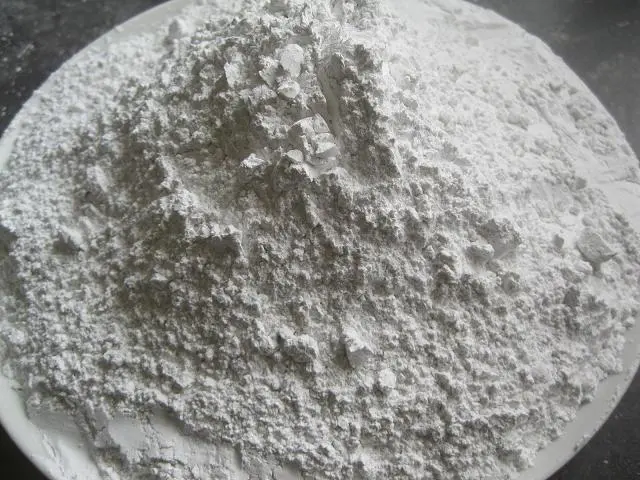
The Role of Activated Charcoal in Enhancing Water Filtration Efficiency and Purification Methods
The Role of Activated Charcoal in Water Filtration
Activated charcoal, also known as activated carbon, has been a cornerstone in water filtration systems for many years. Its unique properties make it an excellent medium for removing impurities from water, leading to improved taste and safety. In this article, we will explore how activated charcoal works, its benefits, and its applications in water purification.
Understanding Activated Charcoal
Activated charcoal is a form of carbon that has been treated to create numerous tiny pores between the carbon atoms. This extensive surface area allows it to absorb a wide range of substances, making it particularly effective in filtration processes. The activation process usually involves heating the carbon material, such as coconut shells or wood, in the presence of gases that cause the charcoal to develop a porous structure. This process results in a material that is highly effective at trapping pollutants.
Mechanism of Filtration
The primary mechanism by which activated charcoal cleanses water is adsorption, a process where molecules adhere to the surface of the charcoal. When water passes through a filter containing activated charcoal, various contaminants are attracted to the porous surface. Chemicals such as chlorine, volatile organic compounds (VOCs), and some pesticides can bind to the charcoal, effectively removing them from the water. Additionally, activated charcoal can reduce odors, enhance taste, and remove heavy metals, making water not just safer to drink, but also more palatable.
Benefits of Using Activated Charcoal
1. Effective Contaminant Removal One of the key advantages of activated charcoal is its ability to filter out a wide array of contaminants. This includes organic compounds, certain heavy metals, and even some bacteria, depending on the particle size and the treatment method involved.
activated charcoal in water filtration

2. Non-Toxic and Eco-Friendly Activated charcoal is a natural substance, making it a safe choice for water filtration. Unlike chemical treatments, it does not introduce harmful substances into the water. Moreover, it is biodegradable, thus contributing to environmental sustainability.
3. Cost-Effective Compared to other filtration methods, activated charcoal systems can be more affordable. They often require less maintenance and replacement than more complex filtration technologies, making them appealing for both residential and commercial applications.
4. Versatile Applications Activated charcoal is used in various water filtration systems, including pitcher filters, faucet-mounted filters, and whole-house filtration systems. Its versatility extends beyond water purification; it is also used in air filtration, medical treatments, and even in beauty products.
Applications in Water Purification
In water treatment facilities, activated charcoal is often utilized as a part of a multi-stage filtration system. It can range from municipal water supplies to home water filtration solutions. The charcoal cartridges are designed to be easily replaced, ensuring that the water remains clean and safe over time. Additionally, many residential water filters incorporate activated charcoal as a primary filtration media due to its efficiency and effectiveness.
Conclusion
Activated charcoal plays a significant role in the realm of water filtration. Its robust adsorptive capabilities allow it to remove harmful contaminants, ensuring that water is not only safe to consume but also enjoyable to drink. With its cost-effectiveness and eco-friendly nature, activated charcoal continues to be a popular choice for both individual consumers and larger municipal systems. As awareness of water quality issues grows, so does the reliance on activated charcoal as a vital tool in ensuring clean and safe drinking water.
Share
-
Premium Pigment Supplier Custom Solutions & Bulk OrdersNewsMay.30,2025
-
Top China Slag Fly Ash Manufacturer OEM Factory SolutionsNewsMay.30,2025
-
Natural Lava Rock & Pumice for Landscaping Durable Volcanic SolutionsNewsMay.30,2025
-
Custom Micro Silica Fume Powder Manufacturers High-Purity SolutionsNewsMay.29,2025
-
Custom Mica Powder Pigment Manufacturers Vibrant Colors & Bulk OrdersNewsMay.29,2025
-
Custom Micro Silica Fume Powder Manufacturers Premium QualityNewsMay.29,2025






